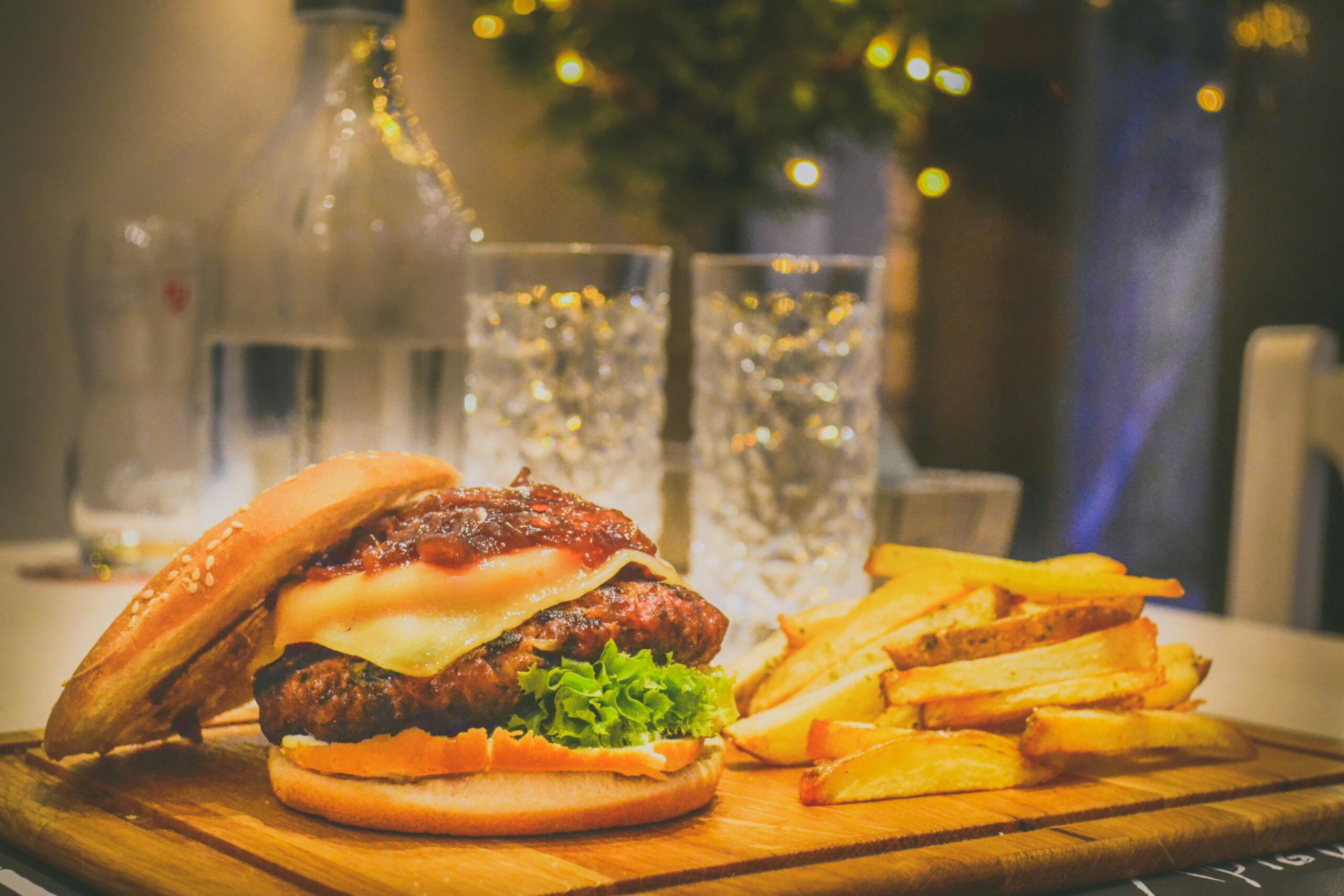The Nuances of Weight Loss: What Most Diets and Gurus Don’t Tell You (That Matter Most)
If you’ve ever tried to lose weight, you’ve probably heard this advice:
“Eat less. Move more.”
But anyone who has been on a weight loss journey knows—it’s not that simple.
Weight loss isn’t just about willpower or discipline. It’s influenced by a complex mix of biology, psychology, lifestyle, and environment.
In this blog post, we’ll break down the nuances of weight loss—the details that most fad diets and Instagram influencers ignore.
Understanding these can help you make better decisions, stay motivated, and get results that actually last.
1. Weight Loss Isn’t Just About Calories In vs. Out

Yes, a calorie deficit is necessary for fat loss—but how your body uses those calories is influenced by:
- Hormones (like insulin, cortisol, leptin)
- Sleep quality
- Gut health
- Activity level
- Muscle mass
- Age and sex
- Genetics
Two people could eat the same diet, exercise the same amount, and still get different results.
So, while calories matter, context matters more.
2. The Brain Plays a Huge Role in Hunger and Habits
Weight loss isn’t just a physical battle—it’s a mental one too.
Your brain:
- Drives cravings and impulses
- Associates food with reward and emotion
- Develops habits around eating (e.g. snacking during stress)
That’s why mindfulness, behavior change, and mental health support are critical in any sustainable weight loss plan.
Try:
- Journaling what you eat and how you feel
- Practicing mindful eating (no phones, slow chewing)
- Talking to a counselor or coach if emotional eating is frequent
⏱️ 3. Weight Loss Is Not Linear
Don’t expect to lose weight in a straight line.
You might:
- Lose 3 pounds in a week
- Plateau for 2 weeks
- Then drop 1 pound suddenly
This is normal. Your body adapts to calorie restriction and changes water balance, glycogen storage, and even digestion speed.
⚠️ Don’t let temporary stalls discourage you—trust the process and stay consistent.
🔁 4. Your Metabolism Can Change During Weight Loss
As you lose weight, your body needs fewer calories to function. This is known as adaptive thermogenesis.

It’s your body’s survival mechanism: it thinks you’re in a famine, so it slows down your metabolism.
What to do:
- Keep some resistance training to preserve muscle
- Reassess your calorie needs every 4–6 weeks
- Consider diet breaks or reverse dieting if you’ve been in a deficit for too long
5. Not All Weight Loss Is Fat Loss
When the scale moves, it could be:
- Water
- Muscle
- Fat
- Glycogen
Your goal shouldn’t be just to weigh less—it should be to lose fat and preserve muscle.
Focus on body composition, not just the number on the scale.
6. Water Retention Masks Progress
One of the most overlooked weight loss nuances is fluid balance.
You might gain or lose 2–5 pounds in a day due to:
- High sodium intake
- Menstrual cycle
- Inflammation
- Stress
- Travel or sleep changes
📌 This doesn’t mean you’ve gained fat—just that your body is retaining water.
🕒 7. Timing and Sleep Matter More Than You Think
Sleep deprivation leads to:
- Increased cravings
- Poorer judgment
- Lower metabolism
- Hormonal imbalance (ghrelin ↑, leptin ↓)
Studies from the National Sleep Foundation show that getting fewer than 6 hours of sleep can increase obesity risk by up to 55%.
Prioritize:
- 7–9 hours of quality sleep
- Going to bed and waking up at consistent times
- Avoiding caffeine late in the day
8. Your Hormones Can Affect Fat Loss
Hormonal imbalances (especially in women or those with thyroid issues) can:

- Increase fat storage
- Lower energy levels
- Disrupt hunger and fullness cues
Talk to a doctor if you experience:
- Constant fatigue
- Unexpected weight gain
- Irregular cycles
- Mood changes
📋 Getting a full thyroid panel, cortisol, and insulin check can help uncover root causes.
9. Stress Can Sabotage Your Progress
When you’re stressed, your body produces more cortisol—a hormone that increases belly fat storage and cravings for sugar or salt.
Chronic stress leads to:
- Overeating
- Sleep disruption
- Skipping workouts
- Hormonal imbalance
👟 De-stress with:
- Walking outdoors
- Breathing exercises
- Journaling
- Talking to a friend
🔎 10. Everyone’s Journey Is Unique
Your friend may have lost 15 pounds on keto, your cousin might swear by intermittent fasting—but you are not them.
Your:
- Body type
- Lifestyle
- Health conditions
- Food preferences
…all shape what works for you.
Focus on your own data, your own consistency, and what’s sustainable for your life.
Detox Diet Myths: 7 Things Wellness Influencers Aren’t Telling You
📚 External Resources (EEAT-Friendly)
- CDC – Losing Weight the Healthy Way
- Harvard Health – Understanding Metabolism
- National Institute on Aging – Weight Management Tips
- Precision Nutrition – Behavior-Based Coaching
❓FAQs
❓Why am I not losing weight even though I’m eating less?
There could be multiple reasons:
- You’re eating more than you realize
- You’ve lost water, but not fat
- Hormonal issues
- Not enough protein or sleep
- Your metabolism has adapted
Track everything honestly and give your body time to respond.
❓What’s the best diet for weight loss?
There’s no “one best” diet. The best plan is one you can:
- Stick to long-term
- Enjoy
- Meet your nutrient needs
Mediterranean, high-protein, and whole food-focused diets are all solid options.
❓Should I weigh myself every day?
Daily weighing can help you understand fluctuations, but don’t obsess.
Weigh weekly under the same conditions (morning, after using the bathroom, before eating).
❓How do I know if I’m losing fat?
Track progress with:
- Progress photos
- How clothes fit
- Waist measurement
- Body fat % (if available)
Final Thoughts
Weight loss is more than calories and cardio.
It’s science, psychology, and sustainability—all working together.
Once you understand the nuances, you’ll stop looking for shortcuts and start building long-term success.
Remember:
- Progress is not always visible
- Fat loss isn’t linear
- Habits beat hacks every time
You don’t need a perfect plan. You just need one that respects your body and your lifestyle.
